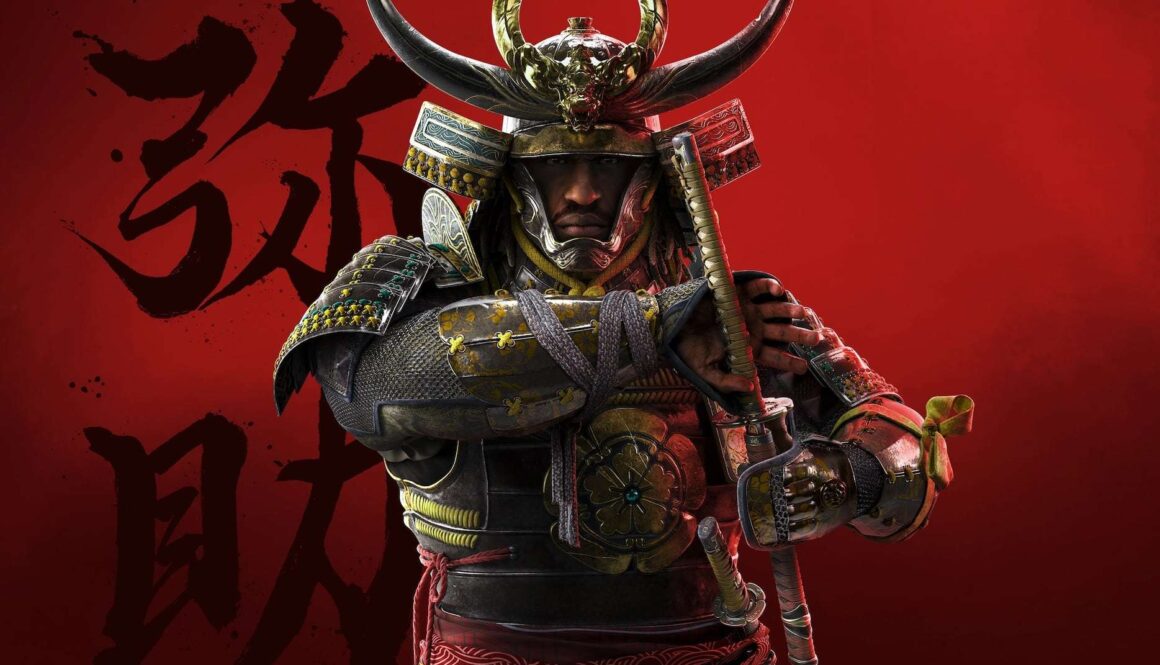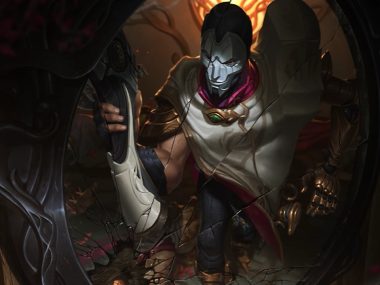Ubisoft, allegedly, cancelled an Assassin’s Creed game set during the post-Civil War Reconstruction period in 2024. The game would have featured a Black protagonist. A formerly enslaved man returning to the South to confront white supremacist groups, including the Ku Klux Klan. While the game was years from release, work had already begun with developers being excited. They were hoping the game’s story could have a meaningful impact on players.
Yet, Ubisoft (allegedly) decided the project was too sensitive for the current political climate in the US. The publisher is still recovering from the backlash from having Yasuke, a Black samurai, being one of the protagonists in Assassin’s Creed Shadows. Combine that with a tense environment in the U.S., marked by attempts to roll back civil rights legislation and restore Confederate monuments. No wonder the company was hesitant to take the risk.
As of this writing: Ubisoft has not commented on this publicly or officially.
The Politics of Play
The timing of this cancellation isn’t just about corporations being cautious. It’s about their audience. The gamers who would normally be interested in a game like that are mostly male. The same demographic that’s prone to being radicalized into embracing far-right ideology. Ubisoft could have faced backlash worse than they got for Shadows, because haters will have a president and his administration to back them up.
Ubisoft’s Track Record With Sensitive Stories
Ubisoft has explored historical and political themes before, but the results have been mixed. Shadows was a good example of this. More could have been done in exploring Yasuke’s journey as a black man living in feudal Japan, walking down the path of the samurai. While the game offered representation, its execution was criticized for lacking nuance. Sometimes companies embrace diversity to make themselves look good to potential customers rather than a genuine desire to represent certain groups of people.
Missed Opportunities and a Future Possibility
While Ubisoft made the right call to cancel the project, it’s still disappointing. A game exploring the Reconstruction era could have offered insight into a pivotal period in American history. One centered on the experiences of formerly enslaved people. A game like that needs to be developed by a team passionate about the subject. One willing to grapple with the complexities of race, power, and justice in post-Civil War America.
The situation may discourage Ubisoft from taking similar risks, but it could inspire independent developers to fill the gap. Maybe a game developer who is passionate about the Reconstruction period will learn about the situation. Then they’ll decide to work on a game that will give that story the love and nuanced take it deserves.






